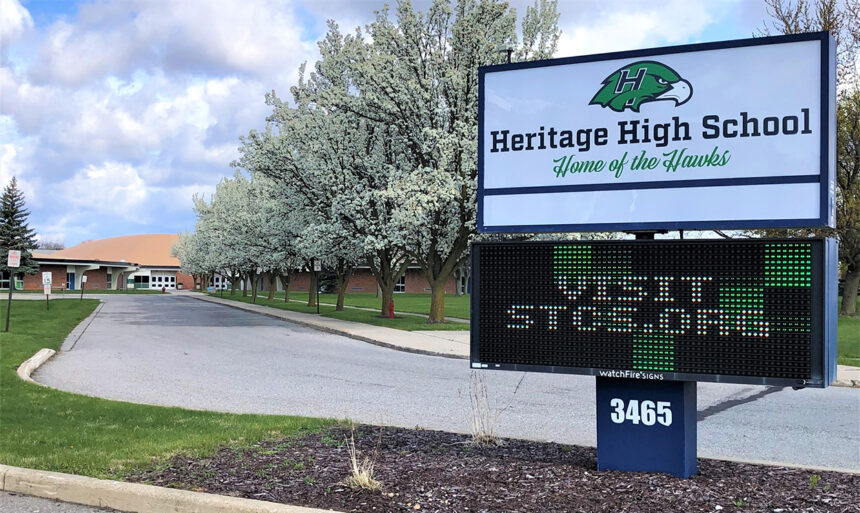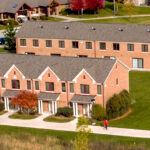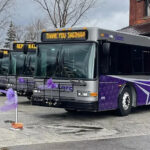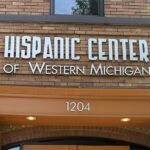LANSING, MI — The Michigan Department of Lifelong Education, Advancement, and Potential (MiLEAP) has awarded over $10 million to 75 school districts statewide as part of the Universal FAFSA Challenge, a statewide initiative aimed at increasing FAFSA completion rates, expanding access to financial aid, and supporting students in their postsecondary education and career training.
Several Great Lakes Bay Region and Flint-area school districts are among the recipients, collectively receiving over $1 million to implement programs that encourage FAFSA completion as a graduation requirement. These schools will use the funding to integrate FAFSA completion strategies, provide financial aid workshops, and support students in navigating the college and career training process.
The following Great Lakes Bay Region and Flint-area school districts have been awarded funds under the MiLEAP FAFSA Challenge:
- Bay City Academy – $31,753.20
- Bentley Community School District – $51,598.95
- Birch Run Area Schools – $134,157.27
- Chesaning Union Schools – $78,589.17
- Clio Area School District – $175,436.43
- Coleman Community Schools – $31,753.20
- Frankenmuth School District – $94,465.77
- International Academy of Flint – $45,248.31
- Madison Academy – $43,660.65
- Merrill Community Schools – $41,279.16
- Midland Public Schools – $474,710.34
- Saginaw Township Community Schools – $287,366.46
- St. Charles Community Schools – $61,918.74
- The New Standard Academy (Flint) – $19,845.75
MiLEAP officials emphasized that increasing FAFSA completion rates is a key strategy in expanding postsecondary education access for Michigan students. FAFSA completion is required for students to access federal and state financial aid, including the Michigan Achievement Scholarship, which offers up to $27,500 toward a four-year degree or tuition-free options for community college and trade programs.
Michelle Richard, deputy director of higher education at MiLEAP, stated that every student should have the opportunity to pursue their educational and career dreams, regardless of financial barriers. She noted that by participating in the Universal FAFSA Challenge, these districts are ensuring that all graduates are equipped with the information and resources they need to make informed decisions about their futures.
The awarded school districts will integrate FAFSA completion into their high school graduation requirements, ensuring all seniors have the support they need to complete the financial aid application. Schools will also provide financial aid literacy sessions, one-on-one FAFSA completion assistance, and direct partnerships with college advisors to guide students through the process.
Dr. Beverly Walker-Griffea, director of MiLEAP, praised participating districts for their leadership in prioritizing student success. She commended the schools that are championing FAFSA completion and stated that this initiative sends a powerful message that higher education and career training are within reach for every student.
Noticeably missing from the list of awarded districts is Saginaw Public Schools, one of the largest districts in the Great Lakes Bay Region. While several surrounding districts secured funding, Saginaw Public Schools’ absence from the grant recipients raises questions about the district’s approach to FAFSA completion efforts and financial aid accessibility for its students.
Students and families can complete the FAFSA online at FAFSA.gov. Recent updates to the FAFSA process have reduced the number of questions from 108 to 36, making the application easier and faster to complete. Most students and families can now complete the form in under 30 minutes.
With more than a dozen states implementing universal FAFSA policies, early evidence suggests that these efforts lead to increased FAFSA completion, higher high school graduation rates, and greater college enrollment. Michigan hopes to see similar success through the Universal FAFSA Challenge as part of its larger goal to increase the number of residents with postsecondary education and workforce credentials.
For more information on financial aid opportunities and FAFSA completion support, students and families are encouraged to contact their school counselors or visit Michigan.gov/FAFSA.










